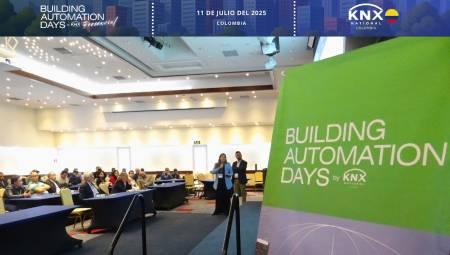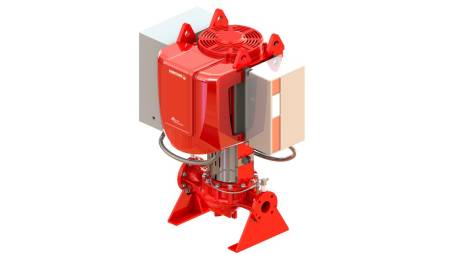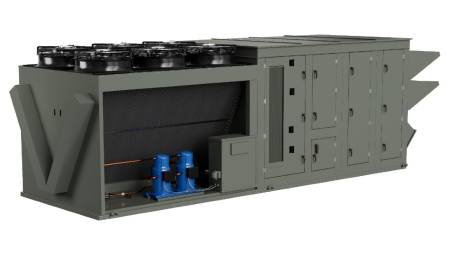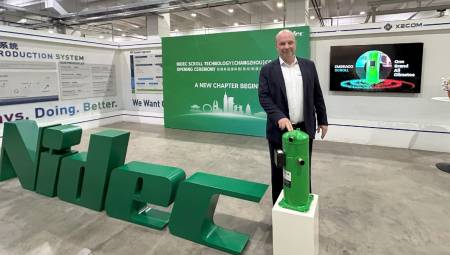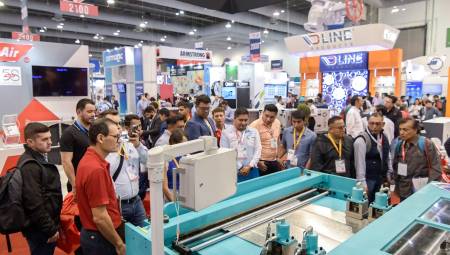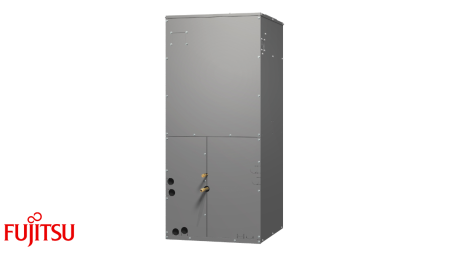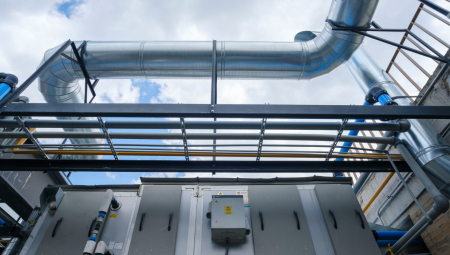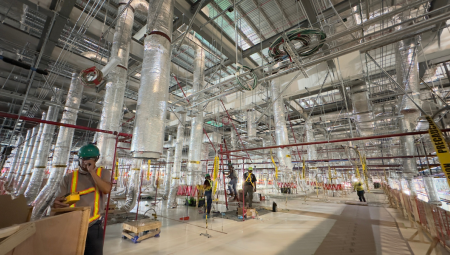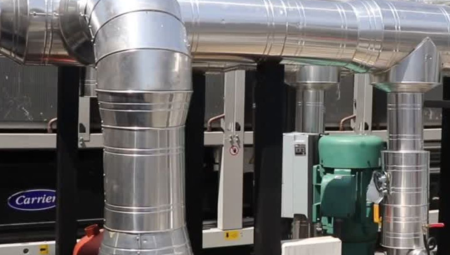 We are a few months away from 2009 reaching its twilight. It's time to stop along the way and look at the good and bad things left for the industry by a year framed by the crisis. Were there aspects to highlight?
We are a few months away from 2009 reaching its twilight. It's time to stop along the way and look at the good and bad things left for the industry by a year framed by the crisis. Were there aspects to highlight?By: Héctor Gómez Pérez
The end of the year will always be propitious months to go back and elaborate an analysis of what happened in the business field, on the one hand to multiply the good experiences in the following year and, on the other hand, to abolish those practices that definitely did not generate value.
But the analysis of 2009 has to contemplate the particularities of a year in which the specter of the economic crisis haunted all industries and all regions of the continent, in some cases with greater severity than in others. That is why we wanted to invite representatives of companies in the CVAC/R industry from three areas of the continent: for Mercosur the guest was Hernán Cavalieri, commercial director of M.R Cavalieri S.A, from Argentina; for the Merconorte the guest was Carlos Arturo Castaño Padilla, commercial manager of Serviparamo, from Colombia; and on behalf of Central America we have the participation of Óscar Emiliani V, director of the Friolin Group, with his position from Panama.
The winds change
After more than a year of financial crisis, some economies in the region such as Brazil, Chile and Colombia have announced that they have begun to overcome the negative figures. But in this sense, popular wisdom can serve to illustrate the matter if we resort to the adage: "everyone talks about the party according to how he has done at the dance." For this reason, and despite the announcements, Hernán Cavalieri points out that "we still do not see in our country a reactivation of the economy. Industries are not yet working at 2007 or early 2008 levels."
A different opinion regarding the industry and his country has Carlos Arturo Castaño Padilla who considered that what Colombia experienced was a sharp slowdown in which the investments of companies were reduced, but never stopped. "I wouldn't dare say there was or is a recession."
For his part, Óscar Emiliani said that Costa Rica during this period was a privileged country with respect to other economies in which the consequences of the crisis were catastrophic. In his opinion, at present there is indeed a process of economic reactivation, but he does not ignore the blow that the negative impact of the US economy had on the local economy. "The crisis has not affected us so much, but we must bear in mind that everything that happens in the United States affects Panama and the rest of Latin America in one way or another since this country is still the first world power and is one of the most important suppliers of many products for the HVAC industry."
The Worst and the Teachings
As for the most negative aspect of this period, Cavalieri pointed out that in addition to the real crisis, there is a widespread fear that discourages investment. "In our company we feel in particular that the areas most affected by the crisis were the OEMs (original equipment manufacturers), both exporters and those supplying the local market."
Another negative aspect, highlighted this time by Emiliani, was the shortage of raw material and the inconveniences with delivery times; This is how the guest explained: "One of the most difficult things was to be able to deal with delivery times and schedule purchases with the different suppliers, since due to the financial crisis raw materials are scarce and you have to organize according to the delivery times of some factories."
Continuing with the popular adages and with the phrases that thanks to their common use make school in the idiosyncrasy of the peoples, there was one pronounced by Francisco Maturana, former coach of the Colombia Football Team, after a sports setback that throughout history has caused countless comments: "To lose is to win a little". Although it sounds paradoxical, it has a place these days when economies are beginning to reactivate and the CVAC/R industry takes on a new air.
Castaño Padilla stressed that times of crisis test the creativity and tenacity of companies, adding that "this situation helped us to order the house, identify our strengths and weaknesses, also helped us focus on our goals." Likewise, he highlighted teamwork as a differentiating factor to recover from crises and said that "this aspect has been the formula to analyze problems and develop solutions. Teamwork generated commitments and alternatives that a single head could not have achieved."
Very much in line with what was said by the representative of the Colombian company was the opinion of Emiliani, who considered that the main lesson that her company acquired was that it is necessary to save and organize in such a way that companies operate with the minimum output and maximum performance. "If a company manages to function in times of crisis, it will be prepared for any difficult time," he noted.
Finally, Cavalieri considered that "this situation forced us to optimize our stock and to pay special attention to collections."
The strategies to come
On good practices for the future, in the face of a reactivation of the economy, opinions were directed to various aspects that can be replicated by companies in the sector. For example, the Serviparamo official believes that the key will be to pamper and take care of the customer, maximizing their purchase potential, implementing the cross-selling of new products and services. He also pondered that there are three economic sectors that are seen as great partners of the industry: the hotel, the mining and the oil.
For his part, Cavalieri believes that a good way to face the coming days is through training, particularly his company is currently designing the training plan for 2010. He also commented that participation in industry fairs and shows will be a way to generate value and promote new business; M.R Cavalieri S.A participated this year in four exhibitions in which it presented new technologies in controls for air conditioning, security and industry.
Definitely, times of crisis can become opportunities for change and improvement, the most important thing is to be prepared so that the ups and downs of the market do not become factors of business debacle; likewise, having several product lines diversifies risk, as well as creating new business units.
The talk with these experts from different regions of the continent, concluded with the question of whether a new economic crisis will hit the industry in the same way. The first to comment was Hernán Cavalieri who said that "the industry will always be affected, although it is difficult to predict in what way."
Carlos Arturo Castaño Padilla said yes and based his statement on the fact that companies in the sector generally strengthen in the technical sector, while the administrative and commercial sectors are deficient.
Finally, Óscar Emiliani had a more encouraging view of the matter by saying that the industry will not be affected, "since the crisis has taught us to work during this period, and if another similar eventuality comes, we have the experience on how to handle it."


